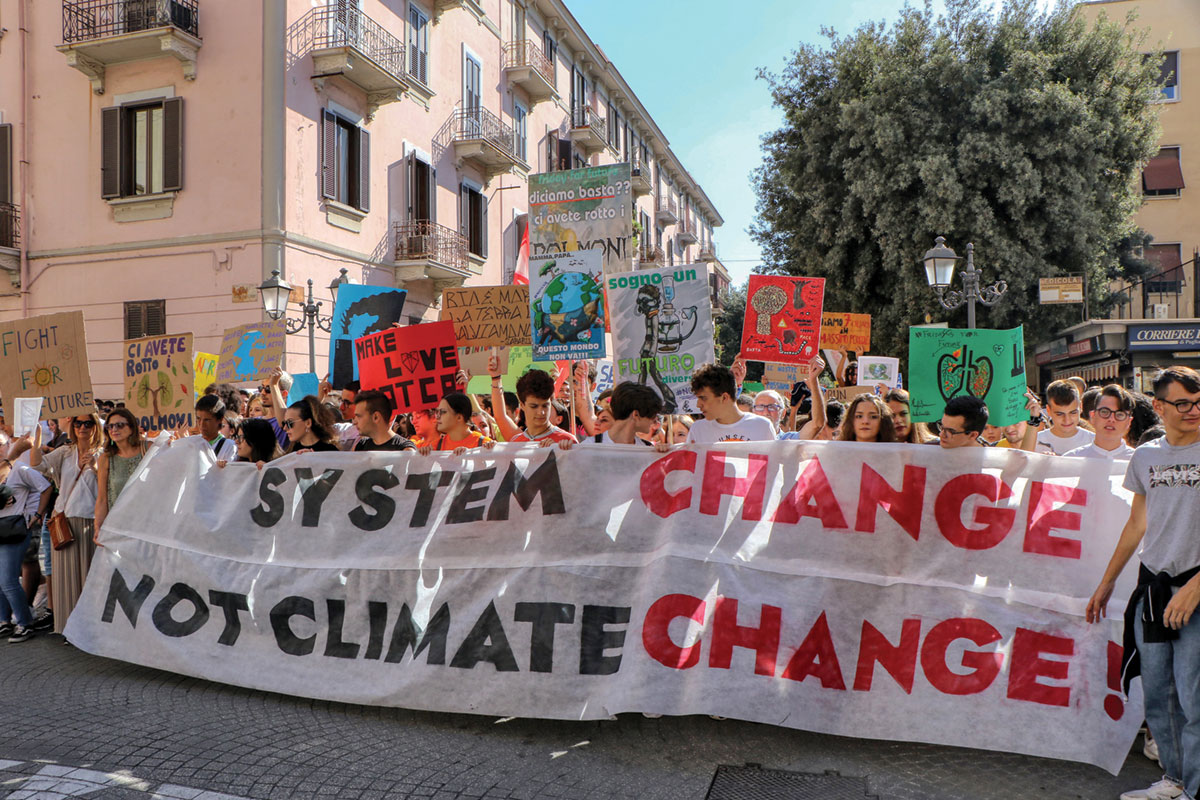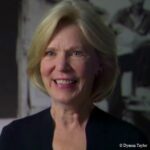The world is out of balance. Our misinformed addiction to fossil fuels has overheated the planet and caused our climate crisis. Our ill-advised “free market” system has created extreme inequality, with lavish, wasteful lifestyles for those at the top and desperate lives for those at the bottom.
My work on Buddhist economics has made me realize that to live a meaningful life without harming people or the planet, I must take action with others to change the system, because our personal options are limited by government policies and social custom. So as an economics professor and Buddhist guided by interdependence, impermanence, and compassion, I teach national policies that reduce inequality, protect our ecosystems, and care for people and the planet.
My UC Berkeley research team has created the Sustainable, Shared Prosperity Policy Index, which ranks fifty countries by their policies to achieve these goals. Sweden leads, with France, Germany, Australia, and Canada in the top ten. The United States ranks far below at position thirty-six, close to Russia and South Korea. The high-scoring countries demonstrate the policies that share prosperity and create a sustainable, caring economy.
However, all countries need to improve their sustainability policies, especially to reduce greenhouse gas emissions and wasteful consumption and to protect ground water. So I work with climate justice organizations to push our local and state governments to create the laws, regulations, and incentives required to transform our economy to a clean energy and circular (regenerative) economy.
Integrating my practice with action allows me to live mindfully, with compassion and in harmony with nature and other beings. Joining with other people helps me to stay positive and hopeful. Taking action with them re-energizes me when I am feeling depressed by the disastrous climate reports. Our local group here in the Bay Area partners with other climate activist groups in California to make our demands more powerful, and to learn and enlarge our vision.
With the coronavirus pandemic, our activist teams respond by working remotely to practice social distancing. As we care for ourselves, engaged Buddhists also care for others by staying in touch with and helping family and neighbors, along with outreach to community programs to learn how to help other people in need.
For Buddhist wisdom on this journey, I turn to Thich Nhat Hanh and his book Love Letter to the Earth, in which he eloquently teaches the importance of interdependence. “Caring about the environment is not an obligation,” he writes, “but a matter of personal and collective happiness and survival. We will survive and thrive together with our Mother Earth, or we will not survive at all.”
Thay teaches us that we amplify our inspiration to live mindfully and create change when we join with others. To do that, we all need courage—the courage to change, to mobilize with others, to take action. Being an Engaged Buddhist helps me be a fearless warrior. It gives me the courage to demand climate justice policies and the courage to live with joy. Collective courage helps us create a world that cares for people and the planet. This is a lifetime commitment and process. May we continue the journey together.

